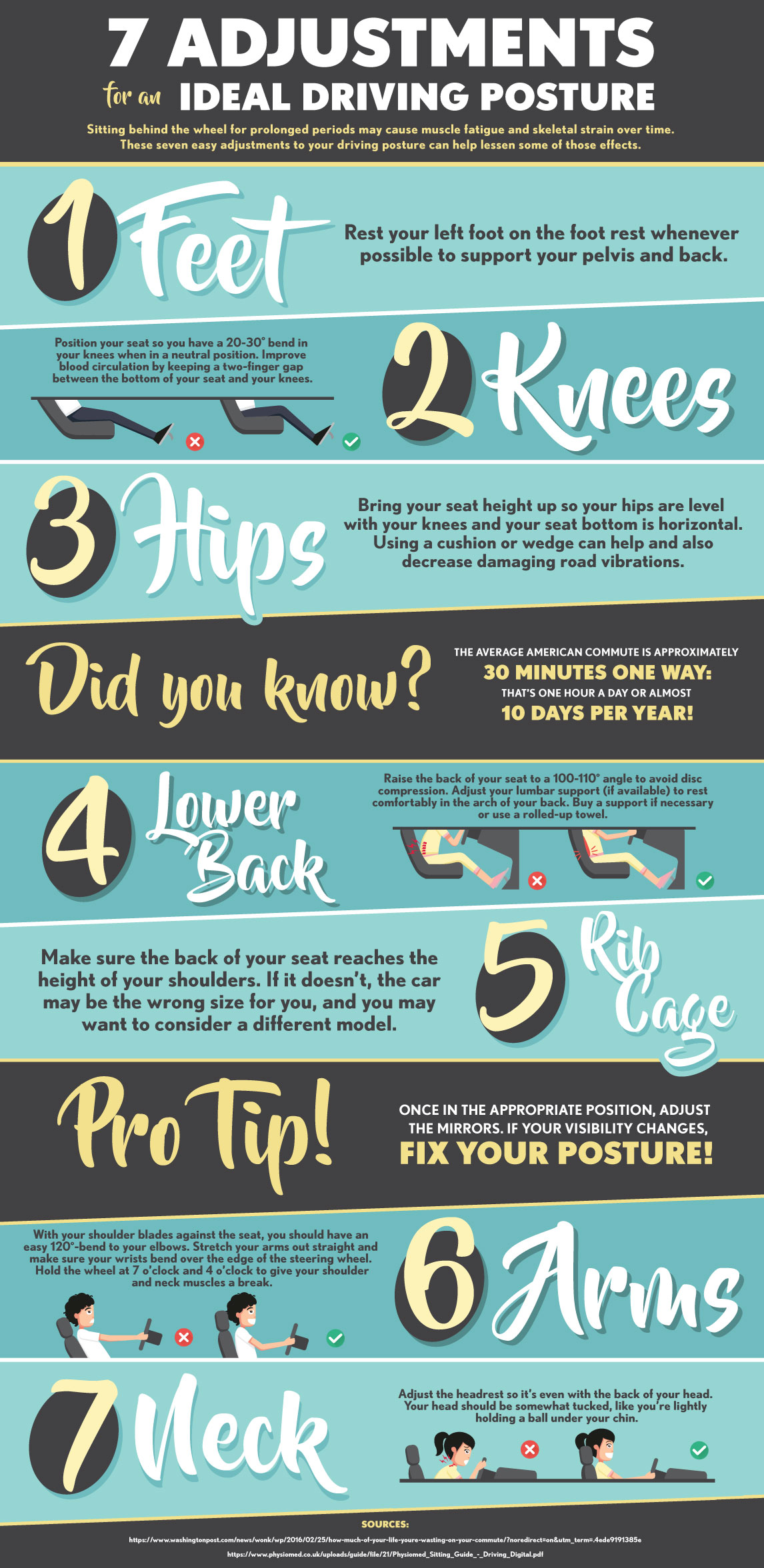The Influence Of Diet Regimen On Neck And Back Pain Monitoring: Foods To Integrate And Foods To Exclude
The Influence Of Diet Regimen On Neck And Back Pain Monitoring: Foods To Integrate And Foods To Exclude
Blog Article
Material Writer-Whitley Camp
When it involves handling your pain in the back, the food choices you make can considerably influence how you feel each day. Picture being able to alleviate your pain simply by adjusting what you consume. By understanding the role of nutrition in pain in the back administration and knowing which foods to incorporate or steer clear of, you can take proactive actions in the direction of a much healthier and a lot more comfortable lifestyle. The link between nutrition and back wellness is more extensive than you might recognize-- let's explore exactly how specific foods can either relieve or worsen your back pain.
Relevance of Nutrition in Back Pain
Nourishment plays a critical function in managing pain in the back. Your diet can significantly impact swelling degrees and total discomfort degrees in your back. Consuming tmj chiropractor balanced diet abundant in nutrients like vitamins D and K, calcium, magnesium, and omega-3 fatty acids can help reduce inflammation and enhance bones, which are important for back health.
Furthermore, preserving a healthy and balanced weight with correct nourishment can reduce stress and anxiety on your spinal column, decreasing the risk of back pain.
Additionally, particular nutrients like anti-oxidants discovered in fruits and vegetables can help battle oxidative anxiety and advertise healing in the body, consisting of the back muscular tissues and spine.
On the other hand, taking in excessive amounts of processed foods, sweet beverages, and unhealthy fats can add to swelling and weight gain, intensifying neck and back pain.
Foods to Consume for Back Health And Wellness
To sustain a healthy and balanced back, including nutrient-rich foods right into your day-to-day dishes is vital. Including foods high in anti-oxidants like berries, spinach, and kale can help reduce swelling in your back, alleviating pain and discomfort. Omega-3 fatty acids located in fatty fish such as salmon and mackerel have anti-inflammatory properties that can profit your back wellness.
Additionally, eating nuts and seeds like almonds, walnuts, and chia seeds offers necessary nutrients like magnesium and vitamin E, which sustain muscle mass function and lower oxidative anxiety. Incorporating lean healthy proteins such as poultry, turkey, and tofu can aid in muscular tissue repair service and upkeep, advertising a strong back.
Do not fail to remember to include dairy products or strengthened plant-based alternatives for calcium to support bone wellness. Last but not least, moisten with a lot of water to keep your back discs hydrated and operating optimally. By consisting of these nutrient-dense foods in your diet, you can nurture your back and support overall spinal wellness.
Foods to Prevent for Back Pain
Select preventing processed foods high in sugarcoated and trans fats when seeking relief from back pain. These sorts of foods can contribute to inflammation in the body, which might intensify back pain. Say no to sweet treats like candy, breads, and sweet beverages, as well as fast food products like hamburgers, fries, and fried hen that are often loaded with trans fats.
In addition, avoid foods containing high levels of refined carbs, such as white bread, pasta, and breads, as they can surge blood sugar level levels and potentially get worse swelling in the body.
what helps back pain 's also a good idea to restrict your intake of foods high in hydrogenated fats, like red meat and full-fat dairy items, as they can add to inflammation. Processed foods like delicatessens meats, chips, and packaged treats are typically high in hydrogenated fats and ought to be consumed in moderation.
Conclusion
In conclusion, taking notice of your diet regimen and making smart food choices can have a substantial influence on managing neck and back pain. By including nutrient-rich foods like berries, fatty fish, nuts, and lean proteins, and preventing refined and sugary items, you can help reduce swelling and support on the whole back health and wellness. Bear in mind, what you consume plays an essential duty in just how you really feel, so make sure to prioritize your nourishment for a much healthier back.
